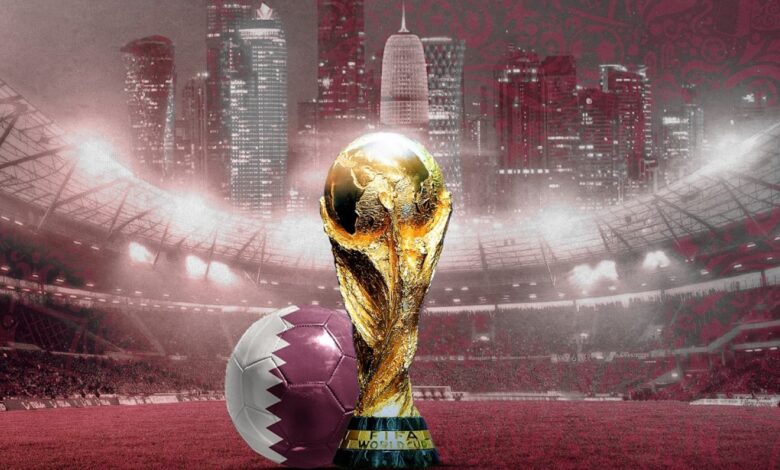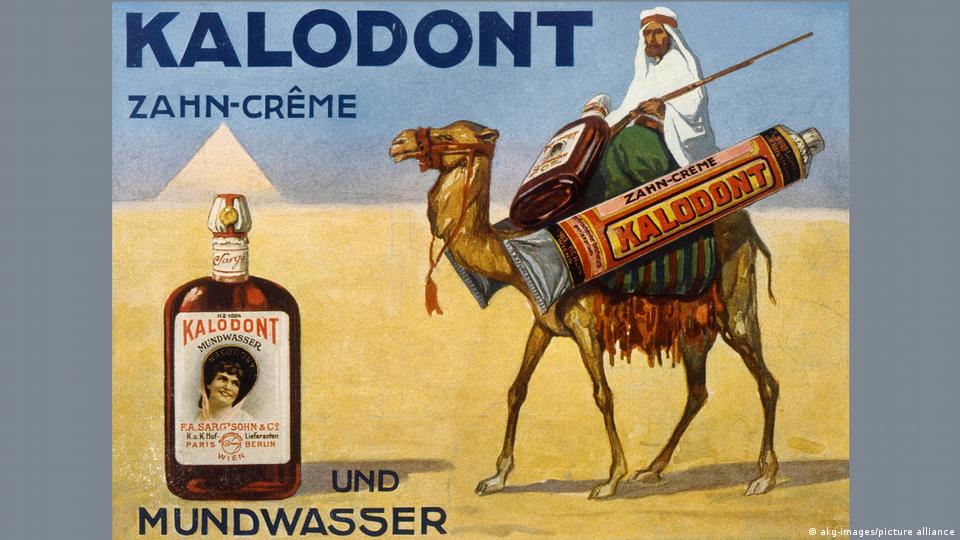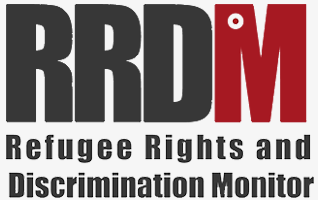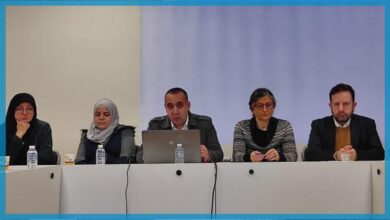Is criticism of Qatar’s World Cup racist?

BY|DW
It seems as though every day, criticism of Qatar, host nation of this month’s soccer World Cup, grows louder.
But at the same time, another chorus has also been getting louder, too. Commentators from both inside and outside the Arabic-speaking world are asking why Qatar is being so harshly criticized, suggesting it has less to do with political issues and more to do with racism, Orientalism, even Islamophobia.
Protesting racism, European hypocrisy
“As Arabs, we think that if this tournament was being hosted in a non-Arab country, there wouldn’t be the same sort of uproar,” Syrian novelist Wafa Alloush wrote in an editorial on the Arabic-language news website run by Turkish broadcaster, TRT.
“There are many things about Qatar that deserve to be criticized and put under the spotlight,” Khaled al-Hroub, a professor in Qatar, wrote on the UK-based website, Middle East Eye. “But there is a huge gulf between criticizing a country for specific wrongdoings and using disparaging cultural statements and stereotypes that tap into embedded racism.”
Other columnists in Arabic-language media asked why there was far less intense criticism leveled at Russia, host of the last football World Cup. They also suggested it was hypocritical of European countries to criticize Qatar when they have yet to properly reckon with their own colonial histories in the Middle East and Africa and how they deal with migration.
That sort of sentiment was also reflected on social media, where users joked about the fact that, if the German team had only focused on soccerrather than human rights, they might not have lost to Japan in their match this week.
It has all been a bit much, Yasser Abdel Aziz, an Egyptian expert on media issues, agreed. “Qatar is not above criticism,” he told DW. “But so far, its hosting of the World Cup doesn’t seem to merit the level of negativity we have seen from some Western media outlets.”
Abdel Aziz had noticed a strong cultural bias in some of the criticism, which focused on the difference between Western and Middle Eastern cultures.
But is it racist?
Dictionary definitions say racism is “the belief that different races possess distinct characteristics, abilities, or qualities” and that Orientalism is a distorted view of the differences between Arab people and cultures, and Europeans. Orientalism also often involves a feeling of European superiority over the Middle East.
And it is true that some of the media coverage of the sports contest in Qatar has landed in that territory.
A French magazine published a cartoon of the Qatari football team dressed as terrorists; while captions in a British newspaper, The Times, suggested Qataris were not used to seeing women dressed in Western-style clothing. The captions, which were false, have since been amended.
Another French reporter said he was surprised by the number of mosques in Qatar, and Doha locals reported visitors were asking them whether females needed to wear headscarves. All these incidents demonstrate a lack of knowledge about the country and the region.

However, it is also true that a lot of the current arguments being published around the topic rely on a debating tactic known as “whataboutery,” where one responds to a serious accusation with an equally serious counter-accusation, thereby distracting from the issue that started the argument in the first place.
As has been pointed out by human rights activists on social media, it’s possible to discuss European hypocrisy on issues like colonialism and migration, and Qatar’s human rights problems at the same time.
As the backlash to Qatar criticism has become louder, there are also some suspicions that such an zero-sum argument is being promoted deliberately.
“The Qataris have been preparing themselves [for debates like this] from very early on,” said Jens Sejer Andersen, international director at the Play the Game initiative at the Danish Institute for Sports Studies. The initiative, founded in 1997, tries to raise ethical standards in sport of all kinds.
As an example, Andersen pointed to an investigation published earlier this monthby Switzerland’s public broadcaster, Swiss info. It looked into what was known as “Project Merciless,” a years-long espionage operation conducted against FIFA officials by Qatar.
“I can’t deny there may be critics with a racist or Orientalist viewpoint,” Andersen said, “but there are a number of people, who are more or less dependent on Qatari money, who have been using this argument [pointing to Western hypocrisy] with conspicuous frequency in recent months to shame critics — even when the criticism is relevant.”
Controversy is not black and white
No matter where the controversy is coming from though, it is impacting coverage of issues that deserve discussion, whether they reflect negatively or positively on Qatar and international sports in general, experts told DW.
It is understandable that Qatar is being criticized, said Andy Spalding, a law professor from the University of Richmond in the US. “But there is a lot more going on here,” says Spalding, an expert on human rights at sporting mega-events who is currently in Qatar.
There is a lot of nuance missing from this debate he told DW, and just talking about stereotypes, whether that comes from a conscious bias or not, is partially to blame.
However, he added, it’s not just racism or Orientalism that is causing this level of outrage.
Other things also factor in. “As a result of controversies around the hosts of a number of recent sports mega-events — China, Russia and South Africa — we have come to see the hosting of these events in non-Western countries as inherently prone to corruption and human rights problems,” Spalding explained.
But in fact, Spalding reported, Qatar has behaved quite differently to former host countries like China or Russia. “In response to human rights problems, China, for example, basically gave the West the middle finger and said you can’t make us change,” he said. But, under pressure, Qatar has amended labor laws and improved its relationship with bodies like the International Labor Organization, he pointed out.
“The Western media just doesn’t seem to want to acknowledge successes on this front,” Spalding continued.
Making mega-sports better
Acknowledging that is important because, Spalding argues, “if we want to make sports more human rights-compliant, we need to learn from that. Otherwise we deprive ourselves of a tool we’ll want to use in the coming years in countries like, say, the US.” The US, Canada and Mexico will host the next World Cup in 2026.
While Play The Game’s Andersen agreed that Qatar has come in for more criticism than many other countries hosting large sporting events, he doesn’t believe Qatar’s progress has been ignored. “Although the jury is still out on enforcement of those reforms, we welcome and appreciate them,” Andersen told DW. “And we’re not saying that Qatar has no right to host a World Cup. We’re just saying that more must be done from Qatar’s side, and certainly from FIFA’s.”
In fact, Andersen believes FIFA is a big part of the reason why Qatar has come in for more bad press than usual. “If there were any conviction that FIFA was becoming more transparent, democratic or fair, then I think that would also influence the way that we look at the World Cup in Qatar. Instead, corruption in FIFA reflects badly on Qatar, even in cases where Qatar has no stake in the corruption,” he argued.
Probably the most important thing now is that sports fans have a realistic debate about the values around these huge events, Andersen concluded, including occasions like the Olympics. “For what it’s worth, Qatar and FIFA can at least take credit for causing such an important global debate about the value of sports,” he said.




